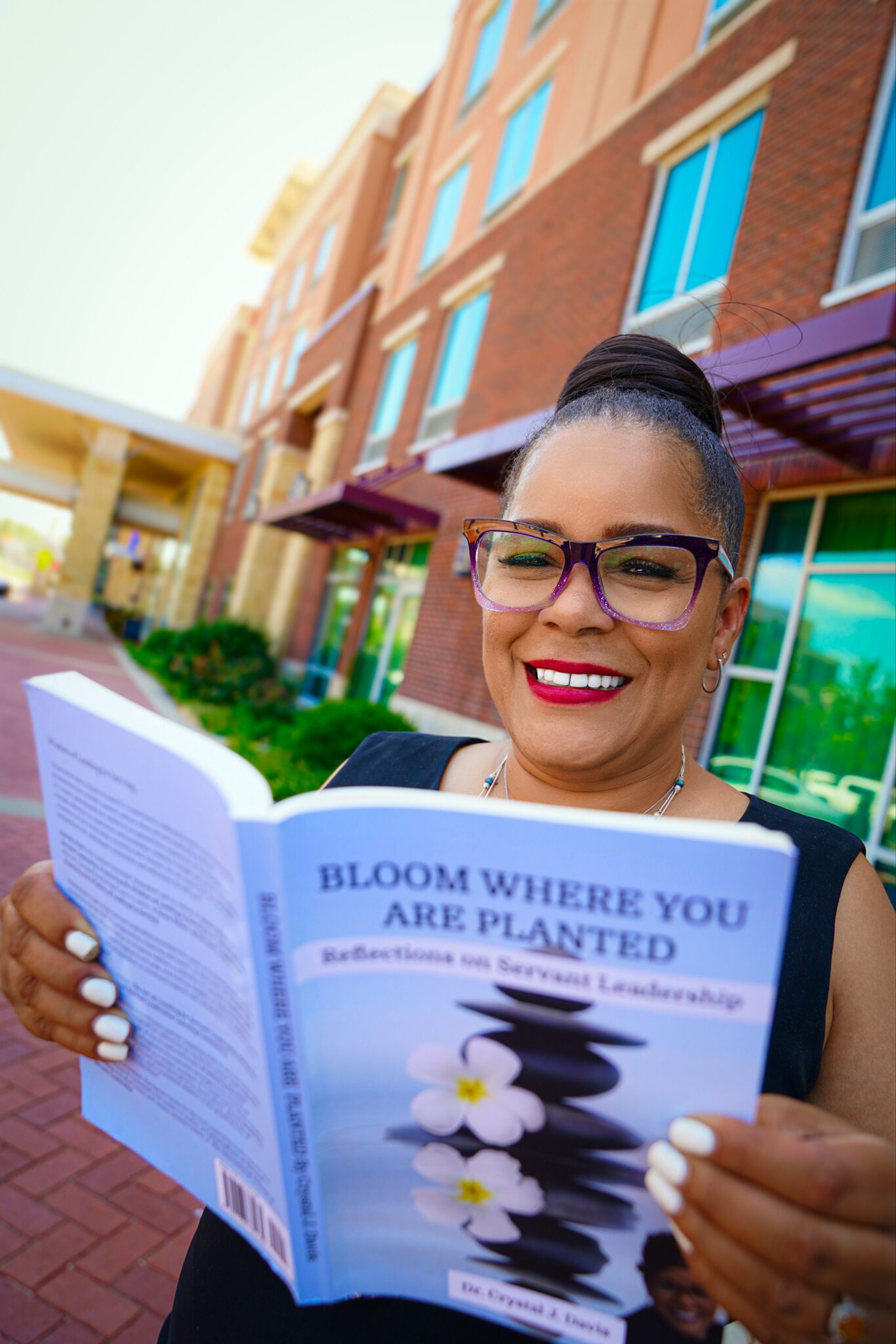
Towards a Theology of Institutions by David Specht and Richard Broholm represents chapter nine of the book we are using as a guide, Practicing Servant-Leadership: Succeeding Through Trust, Bravery, and Forgiveness by Larry C. Spears and Michelle Lawrence.
I think it is befitting that after the presidential debate that took place last night, that this chapter speaks about this particular moment in time being both a terribly auspicious and an incredibly exciting moment to be exploring Servant-Leadership and Robert Greenleaf’s call for a theology of institutions. While there are innumerable opportunities for leadership to fail, some failures are particularly grievous, for, in each instance, they appear to reflect a fundamental lack of clarity on the part of those in leadership about what and whom they were holding in trust.
Today, we are facing a level of dispiritedness and lack of confidence in the commitment and capacity of public institutions, private institutions, and leaders that are unmatched. At the same time, is it also an exciting and provocative time to explore the lively intersectionality of the human spirit, sacred tradition, leadership, and institutional life.
Robert Greenleaf realized in the 1970’s, the necessity of existing institutions recognizing and adopting servant-leadership as a way of life and leading. We are in desperate need to understand and adopt servant-leadership in our institutions, both socially and politically in today’s atmosphere.
To that end, Specht and Broholm offer four theological premises for those who would hold organizations in trust. Let’s recap each.
Premise #1: Institutions Are a Part of God’s Order
Decent humanity and basic human respect are inextricably tied to and not separate from its social and political institutions.
Premise #2: God Loves Institutions
All faith and spiritual traditions understand that God’s love is universal but also the true essence of God’s intimate concern for each of us as individuals. Servant Leaders understand that rooting ourselves in the premise that God loves institutions (even in their mess) is an essential basis for the compassionate regard for organizations and institutions that enable us to hold them in trust.
Premise #3: Institutions are Living Systems
The affirmative belief that institutions are whole and living systems allows us to see first that institutions are alive and that institutions are systems. As such, they are wholly and completely interdependent on the evolving world around them, both impacting and affecting everything around them. The authors put it this way, “A fundamental mindfulness discipline of healthy organizations and institutions is maintaining a consistent awareness of these two dimensions of the institution’s utter interdependence with the world around it: both its fundamental dependence upon the world and the inevitable intended and unintended consequences of its decisions and actions upon that same world.”
Premise #4: Institutions are Called and Gifted, They are Fallen, and They are Capable of Being Redeemed
These premises hold three important theological assertions concerning the nature of institutions that stand in their own right and are interdependent on one another. As called and gifted institutions, they are called here for a reason. They are intended to represent instruments of God’s healing and reconciliation and to serve the common good, and good things are expected of them. Institutions are fallen and prone to inflating themselves, displaying disrespect and forgetfulness for its membership, and act in ways that neglect of harm the common good. In this way, institutions are capable of both great good and immeasurable harm.
Fundamentally speaking, holding an institution in trust, particularly around its brokenness, and in recognition of the realities mentioned above- that it is gifted and called, that it is fallen and that it is capable of being reawakened to its absolute best and evolved consciousness for the good of its people. Each of these premises can coexist simultaneously as possibilities within the life of institutions, each presenting in great measure, at any given moment in the life of an organization.
To human decency and respect for one another,
Dr. Crystal

Menu







